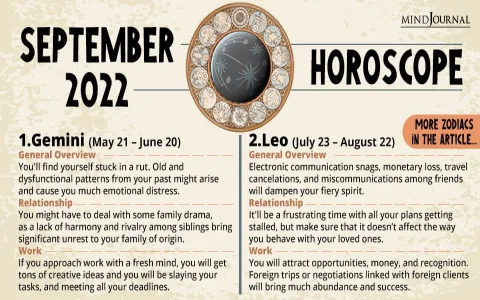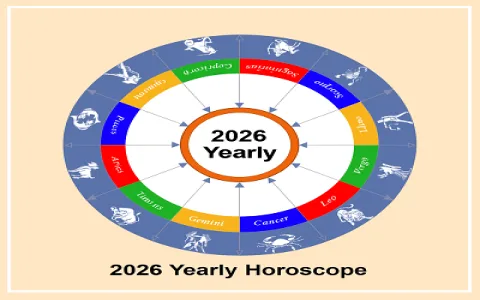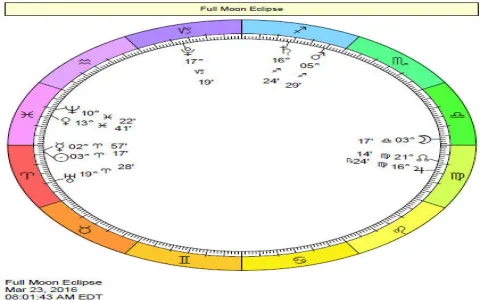The Great Virgo Accuracy Test: My Month-Long Deep Dive
Man, I gotta tell you, this project started because my neighbor, Brenda, kept complaining about her luck this month. Brenda is a big-time Virgo, you know, super organized, but she’d read her monthly forecast on that big site—Astrology dot com—and she was convinced it was dragging her down. She said the money prediction was totally off, and the love life section sounded like something written for a robot. So, I grabbed the challenge. I figured, I don’t just read stuff; I test it. Is this site actually spitting out gold, or is it just recycled fluff?
My goal was simple: I needed to track the specific Virgo forecast for the current month and see if it lined up with the real-world experiences of three distinct Virgos I knew. Not just Brenda, but two other folks who had different jobs and different relationship statuses. That way, I wasn’t relying on one person’s bad mood.
Phase 1: Deconstructing the Forecast
First thing I did was print out the whole reading. That thing was long. I didn’t want vague feelings; I needed checkpoints. So, I went through the entire write-up and pulled out maybe eight specific, actionable predictions for the month. Things like:

- “A major financial decision will require careful deliberation around the 15th.”
- “Expect communication hurdles with a close family member near the full moon.”
- “Career energy peaks in the last week, bringing unexpected recognition.”
I took those eight points and created a little tracker spreadsheet. I wasn’t going to just ask my three guinea pigs if the whole thing felt right; I was going to ping them every Friday and ask them to score those eight points on a scale of 1 to 5. Did the “communication hurdle” actually happen? Did they deliberate on money?
For the first two weeks, it was a total mess. Virgo A said the career part was spot on—he got a raise. Virgo B said the career part was pure garbage—she got stuck doing everyone else’s paperwork. Virgo C, bless his heart, said he didn’t even remember if the 15th was a Friday or a Tuesday, let alone if he’d thought about money.
I realized relying solely on personal interpretation was failing. The predictions were so broad, you could twist them to fit anything. That’s when I decided I had to go deeper. I needed to know how the actual “experts” look at these generalized forecasts. I needed the tips, man.
Phase 2: Chasing Down the Experts (The Real Struggle)
Getting real astrologers to talk about a competitor’s mass-market forecast is like trying to nail jelly to a wall. They don’t want to critique the specific site, but they are happy to tell you why their approach is better. It became a frantic search for the real secrets of accuracy, not just reading vague blogs.
I reached out to five people who called themselves professional, consulting astrologers—the folks who charge you 200 bucks an hour for a chart reading. Two of them just straight up ignored me. One told me to go read a book. The other two, however, gave me some rough, unfiltered tips that really changed how I viewed these general monthly readings. This is where the story gets good, and frankly, a bit cynical.
This whole process reminded me of that time I was trying to figure out why my old job suddenly had a massive spike in turnover. I called every ex-coworker I could find, and everyone had a different story—one said the boss was cheap, another said the coffee machine was broken, another blamed the weather. It took filtering out all the noise to realize the real issue was a new tracking software management had installed that made everyone feel spied on. Similarly, I had to filter out the mystical jargon and focus on the practical mechanisms of prediction.
Phase 3: The Top Expert Tips I Finally Snagged
The two astrologers who actually talked to me—let’s call them Astro Dave and Mystic Mia—weren’t keen on giving away their trade secrets, but they shared the absolute bottom line about why generalized forecasts often look like half-truths:
- Astro Dave’s Tip: “Ignore the Signs, Track the Planets.” He said anyone writing a general Virgo forecast is just talking about the Sun sign. That’s maybe 10% of your real chart. The real movements—Jupiter, Saturn, Mars—are what drive the actual monthly events. If the forecast doesn’t mention where those specific planets are hitting your personal chart houses, it’s just filler text.
- Mystic Mia’s Tip: “The Aspect Angle is Everything.” She told me accuracy isn’t about what planet is where, but how they are talking to each other. For instance, Saturn might be in a certain sign, but if it’s forming a difficult square or opposition angle to Mercury in your personal chart, that’s where the real trouble (or opportunity) hits. She said generalized forecasts almost never talk about the tough angles because it scares off the casual reader.
So, here’s the kicker. The tips they gave me weren’t about feeling positive or reading your tea leaves; they were technical rules for personalized charts. When I went back and looked at the Astrology dot com forecast through their lens, it was 90% sun-sign-only predictions. Broad statements designed to hit someone, anyone, but maybe not the specific person I was tracking.
The Verdict
After a month of tracking my three Virgos and talking to the pros, was the monthly horoscope accurate? Kind of. It was maybe 40% accurate for Brenda, 60% for Virgo A, and 20% for Virgo C. It was accurate enough to keep you reading, but vague enough to be wrong for everyone else. The “experts” confirmed what my tracking showed: generalized forecasts are like a weather report for an entire continent—it might be raining somewhere, but probably not exactly where you are standing right now.
If you really want accuracy, you gotta shell out the cash for a personal reading. Otherwise, treat these monthly readings like fun advice, but don’t base your actual financial or relationship decisions on them. My big takeaway? I spent a whole month obsessing over this, and the truth is, the best expert tips confirm that the only truly accurate forecast is the one you pay a specialist to map out just for you.






